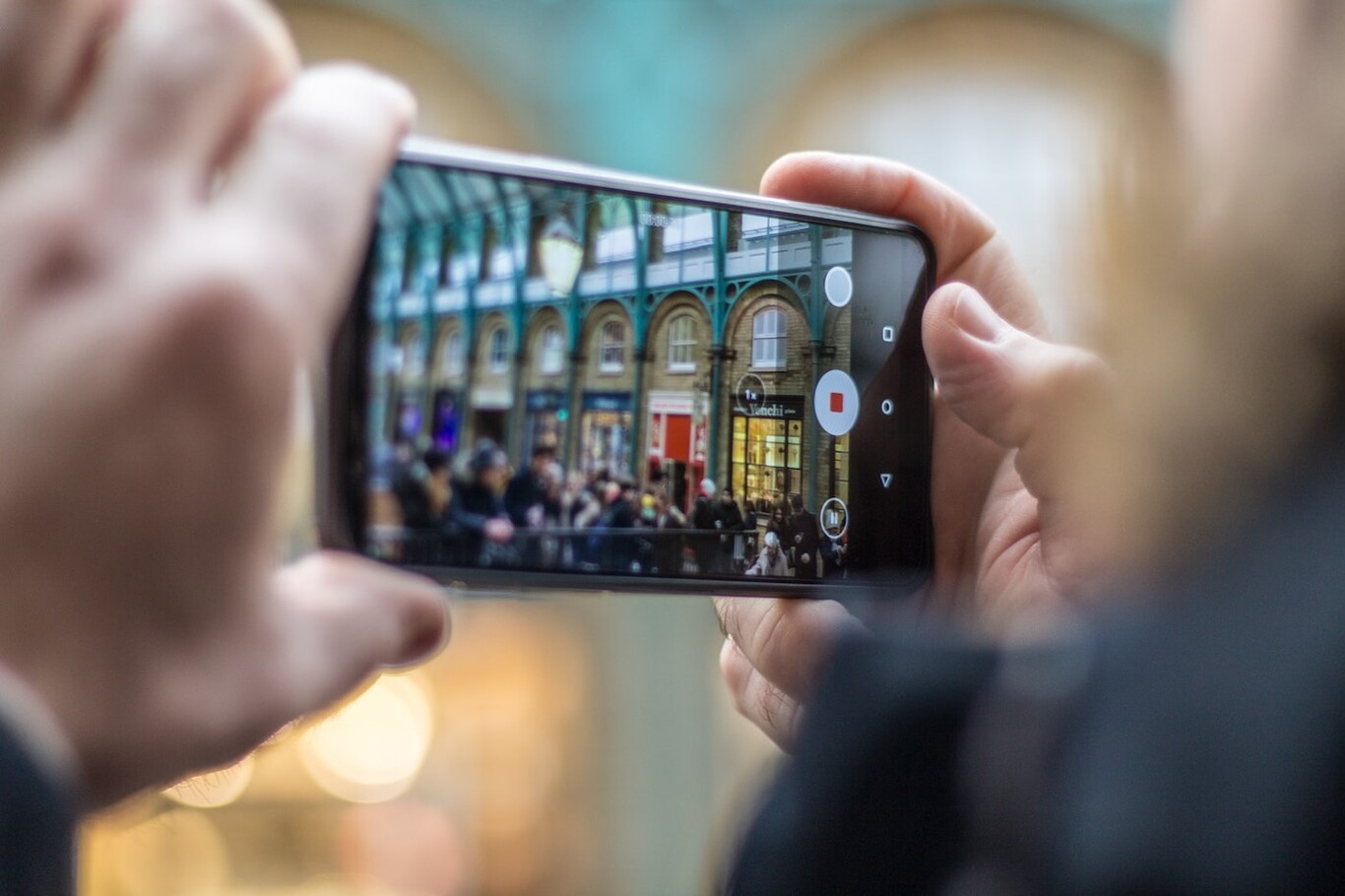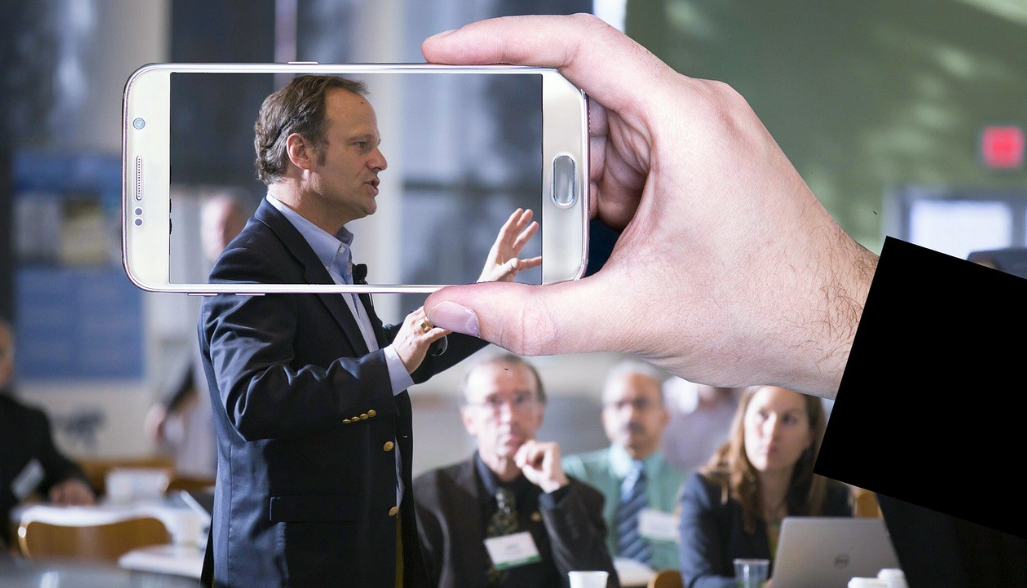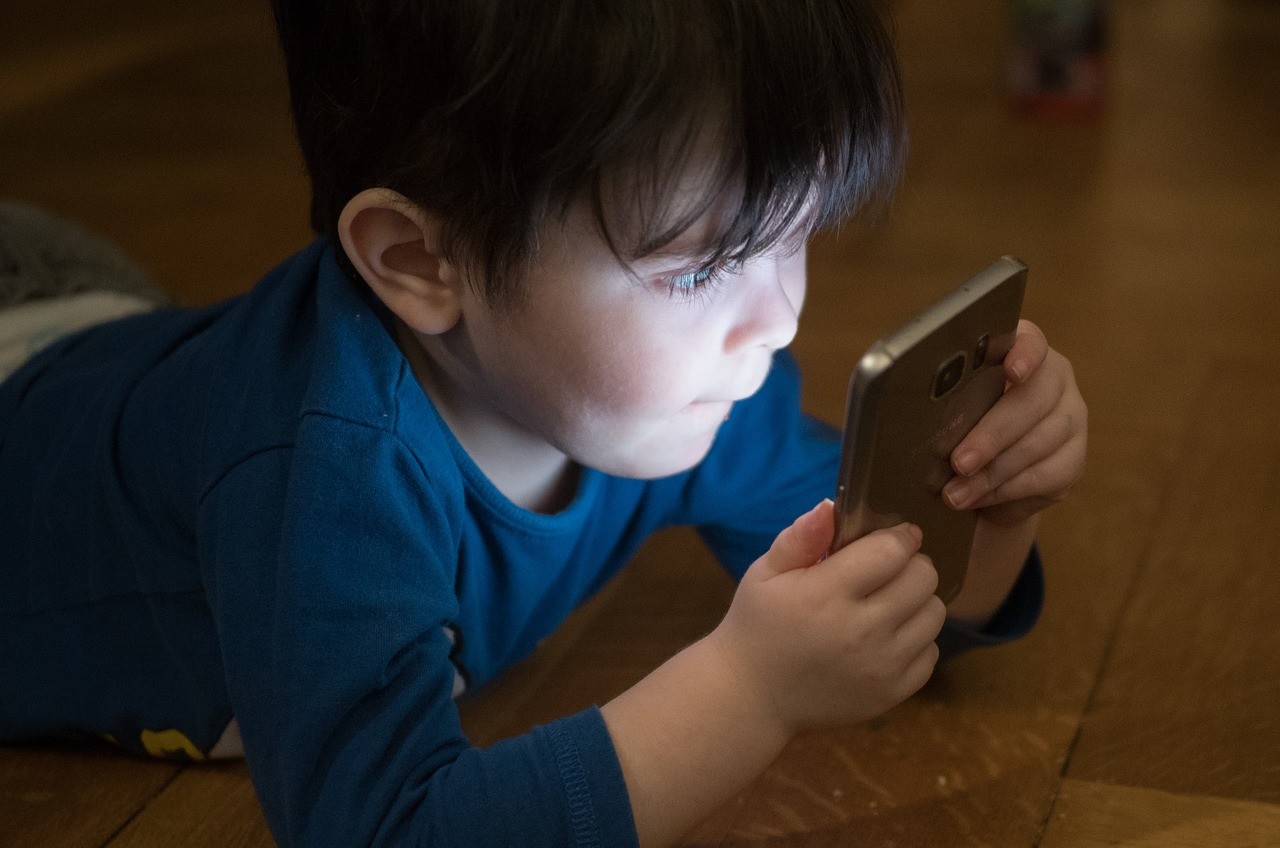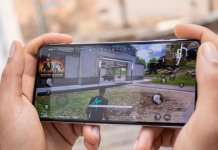In a trial, as in a dispute of life, it is your word against mine… unless a recording shows otherwise. With a mobile phone in our pocket, (almost) all of us have the possibility of recording, voice or video, anyone, whether or not they are aware that we are saving it for posterity.
But is it legal to do so? Can it serve as a test, especially if the other person is unaware?
Let’s go in parts because as almost always in law, many nuances can define when it is legal and when not to make a recording and when, despite being legal, it may not be admitted as evidence.
What can and can’t record
Lawyer Felipe Fernando Mateo Bueno explains that we can record any conversation in which we are a part. Both in video and only in voice. Not only can we, but from a legal point of view it is legal. I mean, if you and I talk and I record you, that’s legal. Even if I didn’t tell you.
One of the judgments of the Supreme Court, 3585/2016, confirms this. “The contribution to the process of recording private conversations made by one of its protagonists does not violate the right to secrecy of communications, since this right cannot be used against the participants in the conversation themselves.”
What we cannot do, unless we have judicial authorization to do so, is to record other people’s conversations. That is, if you talk to a friend and I record you, that is illegal.
It should be noted that only a judge can authorize a recording of another’s conversation; in fact, “when the police want to record the people they are investigating, they need judicial authorization; when it is recorded without judicial authorization, the evidence is useless and a crime can also be committed”.
In this same sense, the lawyer Celsa Núñez of ICN Legal, recalls that recording without authorization a conversation of others ” can constitute a crime against privacy, typified in article 197.1 of our Penal Code, which punishes anyone with up to four years in prison. discover the secrets or violate the privacy of another”.

What I can and can’t do with these recordings
In mid-2018 there was a lot of controversy and commotion over the recordings that were released of Commissioner Villarejo with different public personalities. Although this police officer had the right to record these conversations, it is quite another thing to make them known. Felipe Fernando Mateo explains that “if we disseminate our conversation, I may incur a crime of revealing secrets provided for and punishable in articles 197 and following of the penal code.”
This lawyer explains to us that these recordings are legal because the commissioner was part of them. ” What is not legal is the subsequent dissemination. That is why Baltasar Garzón has filed a lawsuit ” against the media that have broadcast these conversations.
However, it clarifies that the person who committed a crime was not Villarejo, but “whoever disseminated the recordings” although the commissioner also “has been able to incur criminal responsibilities, for having disseminated these conversations, but not for recording them.”
However, when we record (either only in sound or also with images) a conversation of which we are a part since the law protects us, we can provide it as evidence in a judicial proceeding. Said recording is legal and, since if we record being part of the conversation we do not commit a crime, “it is not necessary for us to inform that the conversation is going to be recorded.”
Another more recent case was that of Elena Cañizares, where screenshots of a discussion with roommates were published on Twitter, revealing multiple facts. Information that, in the opinion of the lawyer Ofelia Tejerina, implied identifiable data and was therefore subject to being protected by the Data Protection Law .
What if I record the confession?
Is it worth any type of recording? Not really. Let’s imagine that someone confesses to a crime and we have the conversation recorded. Could we use it as evidence? If the confession is spontaneous, yes. If we have prepared everything so that the other person ends up confessing her responsibility, no.
In fact, in judgment 1066/2009 of the Supreme Court, a person accused of sexual abuse is acquitted for a similar situation, since the Court understands that this recording violates the right of every person not to testify against himself .

Thus, in said sentence, it can be read that “as regards the legitimacy of the recordings of private conversations between two people made by one of them without the knowledge or consent of the other party, that the recording by one of the interlocutors of conversations between individuals may have an initial legality if the meeting is voluntary and free. The issue varies when the recorded person, in some way, has been led to the meeting using tricks with the premeditated pretension of making him manifest facts that could be used against him. For its validity, it must be a freely arranged meeting between the two, and the appointment be attended spontaneously and without conditioning of any kind.
In other words, the resolutions issued by the Constitutional Court and the Supreme Court value that spontaneity and good faith are conditional requirements for these recordings to be accepted. “When a conversation is forced and provoked, it is no longer possible to be on the same plane,” concludes the sentence.
Celsa Núñez points out that although the recording that “records the very act of committing a crime can be used if the recording of the person being investigated contains self-incriminating statements, it is not considered a confession, but will serve as mere “ notitia criminis ”. In other words, this recording can serve as evidence to initiate criminal proceedings, like a complaint, complaint, or police report, but not to determine the culprit of that crime or misdemeanor.
When the one who records is a minor
What happens when there are minors involved? It is not the first time that the news has jumped to the media that one of the parents has recorded the alleged abuse of the other parent to a child. Or in cases of cyberbullying.
Felipe Fernando Mateo Bueno assures that, when issues such as bullying occur, “there are parents who put tape recorders on their children” to collect this evidence. However, in his opinion, this recording is illegal “because other people’s conversations in which the parents are not a party are being recorded, therefore they cannot be used in a legal proceeding,” he explains.

Although, as we can see, some criteria regarding the validity or not of a voice and/or video recording may seem clear, others lend themselves to a more open interpretation. “Apart from the validity or invalidity of the evidence, the methods by which it was obtained will affect the assessment made by the Court or Tribunal ”, explains Celsa Núñez.
In addition, this lawyer considers that whoever carries a recorder “in a certain way is hoping that the other person says things that bring the ember to his sardine; although it is also true that, for example, today almost all mobile phones offer the opportunity to record voice and most of us practically always carry a mobile phone”.
Without going to such extreme cases, the lawyer Felipe Fernando Mateo recommends to all his clients immersed in conflictive couple breakups that they get a recorder and carry it with them in all the deliveries and collections of their children, as well as that they settle in their mobile one of the existing applications to record calls. “In this way, if one day they are accused of having said or done something in a delivery or pick-up of the children or a telephone conversation, it can be easily demonstrated what happened,” he argues.
To be clear
So, if you consider recording any kind of conversation, you should keep in mind that:
- You can record, in voice or video, all the conversations of which you are a part.
- These recordings are legal.
- You do not have to warn that you are recording the conversation.
- What cannot be revealed is the content of these conversations.
- However, they can serve as evidence in a trial.
- You cannot record conversations, neither in voice nor in image, of others, in which you are not participating.
- If you do, you may incur some kind of crime.

Sharlene Meriel is an avid gamer with a knack for technology. He has been writing about the latest technologies for the past 5 years. His contribution in technology journalism has been noteworthy. He is also a day trader with interest in the Forex market.










